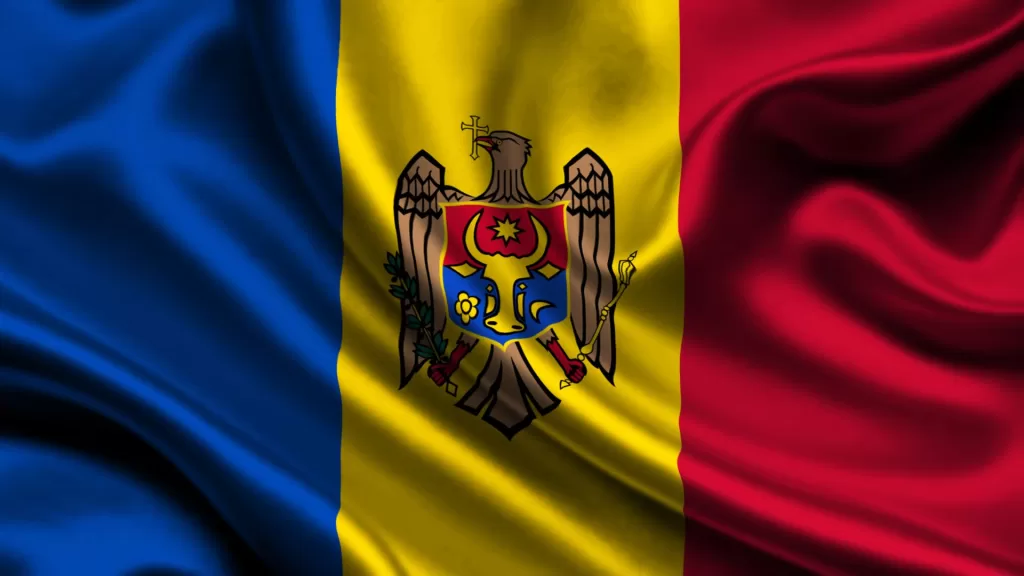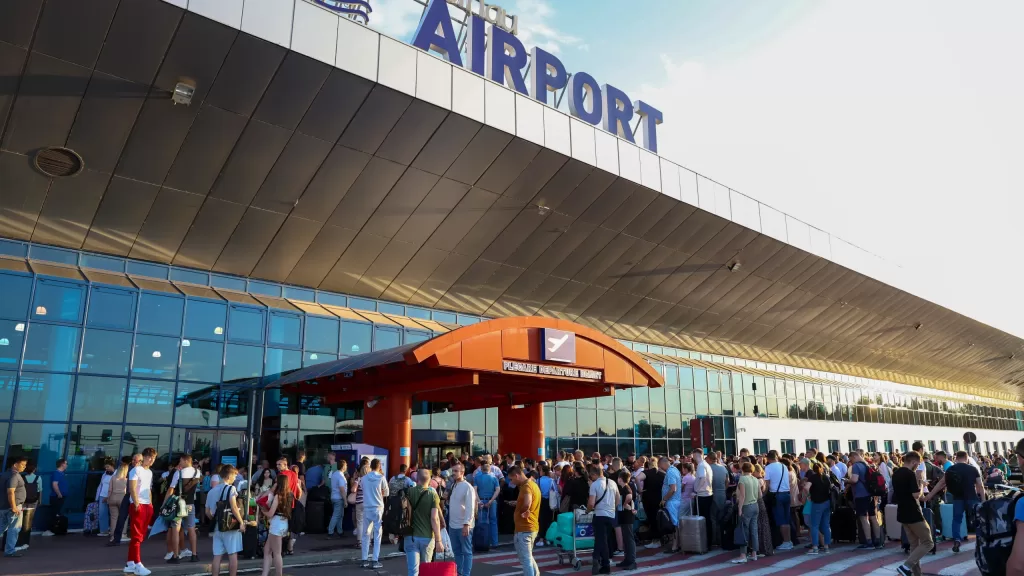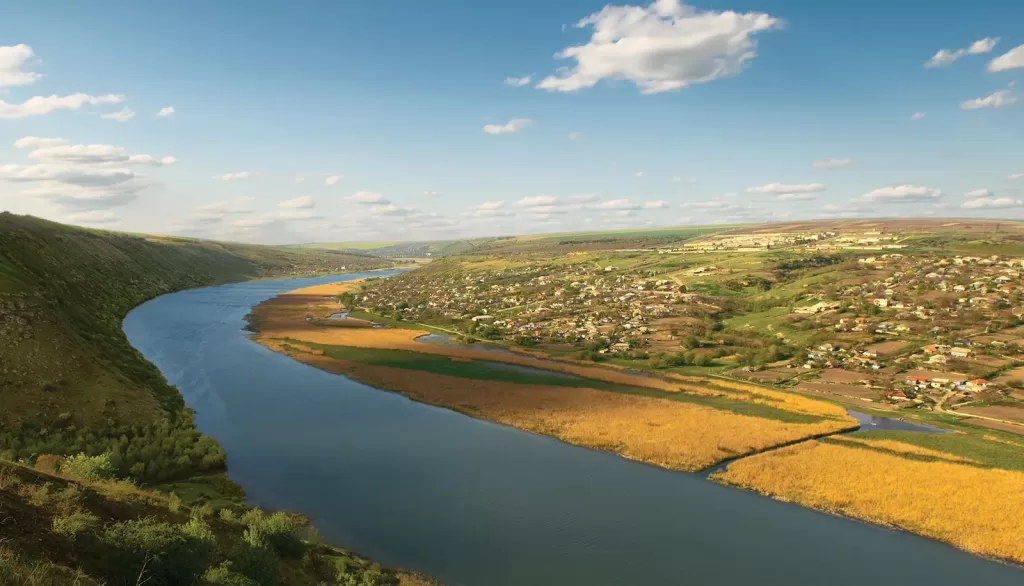Moldova Country Report

Moldova, a landlocked country in Eastern Europe, is known for its scenic landscapes, rich cultural heritage, and complex political history. Since gaining independence from the Soviet Union in 1991, Moldova has faced numerous challenges, including economic struggles, political instability, and regional tensions. The country is divided along ethnic and linguistic lines, with a significant Russian-speaking population in the breakaway region of Transnistria, which declared independence in 1990. Moldova’s political landscape is marked by a protracted struggle between pro-European and pro-Russian forces, with frequent changes in government and ongoing debates over the country’s geopolitical orientation. Moreover, corruption, poverty, and emigration are pressing issues facing Moldova’s society. Despite these challenges, Moldova has made progress in recent years, particularly in strengthening ties with the European Union and implementing reforms aimed at modernizing its economy and governance structures. However, the country still faces significant obstacles on its path towards stability, democracy, and economic development.
Last updated: February 14, 2023
Security
Moldova faces security challenges primarily related to the unresolved conflict in the breakaway region of Transnistria, which declared independence from Moldova in 1990. The presence of Russian troops and peacekeeping forces in Transnistria adds to the complexity of the situation. While the conflict has been relatively calm in recent years, tensions persist, and efforts to find a lasting solution have been challenging. Additionally, Moldova faces other security concerns such as organized crime, human trafficking, and corruption. The porous borders and economic vulnerabilities further exacerbate these challenges. Despite these issues, Moldova benefits from cooperation with international partners, including the European Union and the United Nations, to address security threats and promote stability in the region. Efforts to find a peaceful resolution to the Transnistrian conflict and strengthen governance and rule of law are essential for Moldova’s long-term security and development.
Last updated: February 14, 2023
Infrastructure

Moldova’s infrastructure is relatively underdeveloped compared to other European countries. While the country has a basic network of roads, railways, and airports, many infrastructure projects require modernization and investment. Road conditions can be poor, especially in rural areas, and public transportation options are limited.
The energy sector faces challenges related to outdated infrastructure and reliance on imported energy sources. Additionally, access to clean water and sanitation services is inconsistent, particularly in rural communities.
Moldova’s digital infrastructure is also in need of improvement, with limited access to high-speed internet in some areas. Despite these challenges, Moldova has made progress in recent years, with the support of international donors and development organizations, in upgrading and modernizing its infrastructure to support economic growth and improve living standards for its citizens. Continued investment and reforms are needed to address infrastructure deficiencies and promote sustainable development in Moldova.
Last updated: February 6, 2023
Environment

Moldova’s environment faces various challenges, including deforestation, soil erosion, water pollution, and loss of biodiversity. Agriculture, which is a significant contributor to the economy, has led to deforestation and soil degradation, particularly in hilly and mountainous regions. Water pollution from agricultural runoff and inadequate wastewater treatment facilities poses risks to public health and ecosystems. Additionally, Moldova’s energy sector, largely reliant on coal and other fossil fuels, contributes to air pollution and greenhouse gas emissions. Climate change exacerbates these environmental challenges, leading to more frequent extreme weather events such as floods and droughts. Despite these challenges, Moldova has taken steps to address environmental issues, including implementing laws and regulations to protect natural resources, promoting sustainable agriculture practices, and investing in renewable energy sources. International cooperation and support from organizations such as the United Nations and the European Union are also essential in addressing Moldova’s environmental challenges and promoting sustainable development.
Last updated: March 3, 2022
Health and Medical
Moldova’s healthcare system faces several challenges, including inadequate funding, outdated infrastructure, and shortages of medical personnel and equipment. While Moldova has a universal healthcare system, access to quality healthcare services can be limited, particularly in rural areas. Hospitals and medical facilities often lack modern equipment and resources, leading to deficiencies in medical care. Moreover, the brain drain of healthcare professionals, who often seek better opportunities abroad, further strains the healthcare system. Moldova also grapples with high rates of non-communicable diseases such as cardiovascular diseases and cancer, as well as communicable diseases like tuberculosis and HIV/AIDS.
Despite these challenges, Moldova has made efforts to improve its healthcare system, including reforms aimed at strengthening primary care, enhancing healthcare infrastructure, and addressing public health issues. Additionally, international organizations and donor countries provide support to Moldova’s healthcare sector, contributing to efforts to improve access to quality healthcare services for all citizens.
Last updated: September 6, 2023
Political
Moldova’s political landscape is characterized by a dynamic interplay between pro-European and pro-Russian forces, reflecting the country’s geopolitical orientation and internal divisions. The political scene is marked by frequent changes in government and coalition formations, often driven by shifting alliances and power struggles among political parties. Moldova’s pro-European parties advocate for closer integration with the European Union and pursue reforms aimed at modernizing the country’s institutions, economy, and governance practices.
Conversely, pro-Russian parties maintain close ties with Russia and advocate for a more balanced foreign policy approach. The unresolved conflict in the breakaway region of Transnistria also influences Moldova’s political dynamics, contributing to tensions and divisions within the country. Corruption and economic challenges further complicate the political landscape, undermining public trust in political institutions and fostering political disillusionment among citizens. Despite these challenges, Moldova’s democratic institutions continue to function, with elections and political processes serving as mechanisms for expressing popular will and shaping the country’s future trajectory. Efforts to strengthen democratic governance, combat corruption, and promote political stability remain ongoing priorities for Moldova’s political leaders and international partners.
Last updated: February 14, 2023















